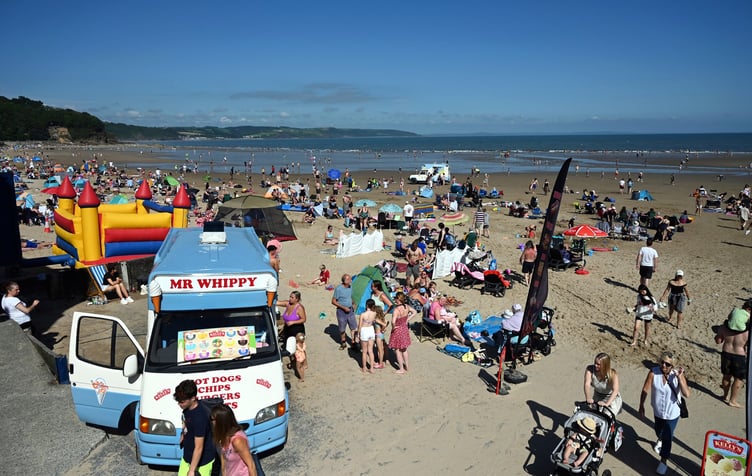The findings of an annual Industry Survey by the Wales Tourism Alliance (WTA) has indicated that many tourism businesses are being hit by recent changes in Welsh Government legislation, with the self-catering sector particularly badly affected.
The report released this month, confirms claims from WTA members that the 182 day rule is having a negative impact beyond the tourism and hospitality sector.
Many professional holiday let owners say they are struggling at achieve the threshold of 182 let days per year which would push them into paying council tax, instead of business rates, on their property - often with an additional second home premium included.
Evidence gathered from the report, and other research, shows that many holiday let owners are local people who are no longer able to invest in local tradespeople to carry out improvement works on their properties.
One respondent said: “There is no way we can risk paying local trades for any non-essential work – after 10 years of happily ploughing a large proportion of profits into the local economy paying for improvements to our cottage.”
On the ‘tourism tax’ proposed by the Welsh Government, another respondent stated: “This is a dreadful idea! In Wales we need to offer a tourism product which will be perceived as excellent value for money - not making Wales appear overpriced in comparison to other areas of the UK.
“Should this terrible plan go ahead, I would not trust Wales Assembly Government to use the proceeds to encourage tourism.”
The survey also showed that the weather and cost of living both had a significant impact on tourism and hospitality businesses over the 2024 holiday season, with a shift to more short last-minute breaks.
When asked what the Welsh Government could do for the sector, 64% of respondents said that there must to be a greater recognition of tourism as an economic driver.
Chair of the WTA, Rowland Rees-Evans said: “This survey, combined with other work the WTA and its members have done recently, shows that the tourism and hospitality sector is being hard-hit by a raft of Welsh Government policy including the 182-day rule, and council tax premiums on ‘second homes’.
“We are asking the Welsh Government to recognise the significant burdens this is placing on local people who rely on this sector to earn a living and spend their money in the local economy, particularly with respect to their current consultation on the Visitor Levy Bill.
“Tourism and hospitality businesses contribute £3.8bn to the Welsh economy and employ more than 11% of people in Wales, rising to up to 20% in areas like Pembrokeshire and Ynys Môn where alternative employment is scarce.
“Whilst we recognise that many of these policies derive from the need to provide local homes for local people, it is evident that they are not having the desired outcome.
“We are only just starting to see the bigger economic impact of consistently hitting a sector that is a significant driver of the Welsh economy.”
The full report can be found at tourism_alliance_surveys_october_2024_-_wales_report_27th_november_2024.pdf



.jpeg?width=209&height=140&crop=209:145,smart&quality=75)

Comments
This article has no comments yet. Be the first to leave a comment.